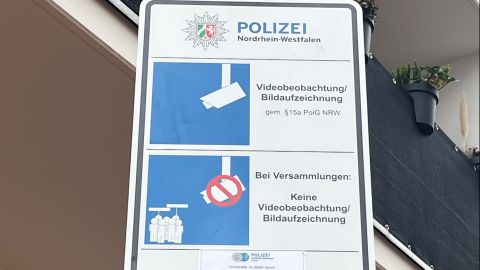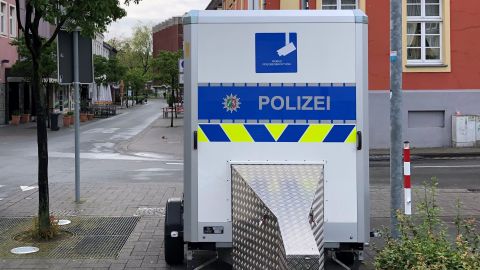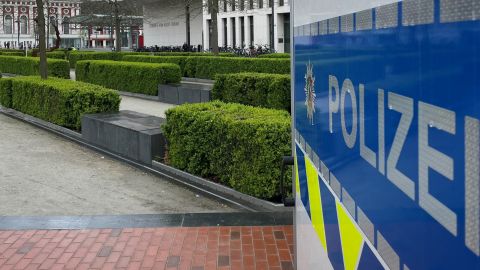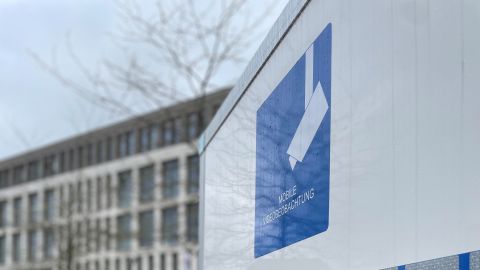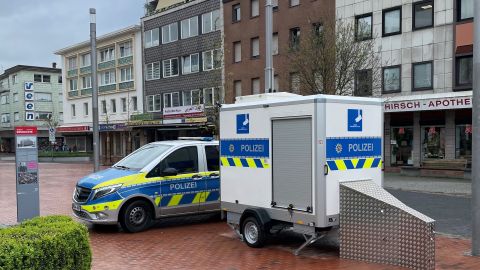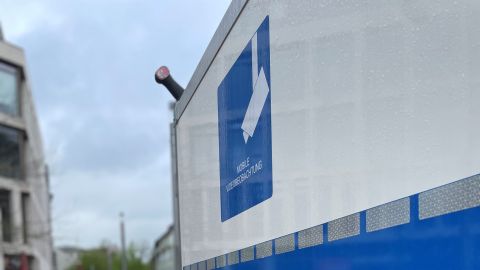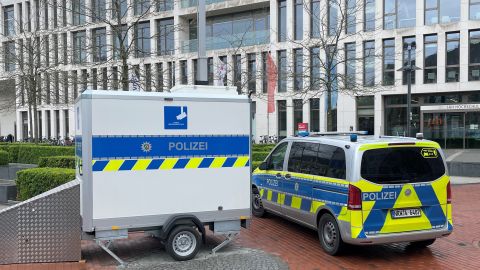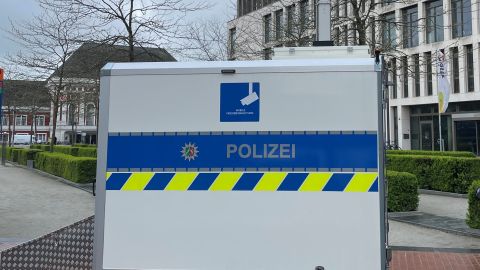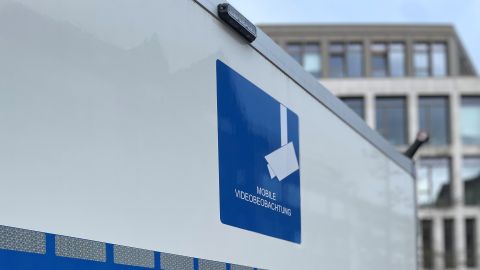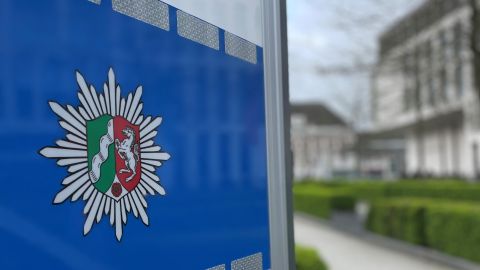On Wednesday, April 10, Hamm police will start mobile video surveillance in the area of the Bahnhofsquartier and Südstraße.
"We work every day to ensure people's safety and also their perceived safety in this city. The use of video surveillance and the ability of police officers to intervene immediately in a dangerous situation ensures that the police are able to prevent and combat danger and prosecute," said Police Commissioner Thomas Kubera.
"The citizens of this city have a right to expect the police to use all the tools provided by the Police Act to combat crime. I am delighted that we have been able to take a further step towards meeting this requirement with the deployment of the mobile video surveillance systems."
The video surveillance was ordered by Police Commissioner Kubera for one year. The police are obliged to document measures and carry out regular evaluations to prove their proportionality at the end of the year.
The areas affected are crime hotspots in Hamm. Video surveillance is now being used in these areas in order to counteract the rising number of cases and to further strengthen citizens' sense of security. On the one hand, it enables the police to intervene quickly before crimes are committed, and on the other hand, the recordings can be used to trace completed crimes with certainty as evidence.
The video surveillance is limited in time to the periods that are particularly affected by crime, so it does not transmit permanently. The videos are monitored and evaluated in the police control center by specially trained employees. The recordings are automatically deleted after a period of 14 days. For the purposes of criminal prosecution, the video recordings may be stored for longer. Videotaping of gatherings in the areas is not permitted and does not take place. Certain areas - such as homes or doctors' surgeries - are permanently blacked out or pixelated in advance.
These are two trailers with an extendable telescopic camera system. The system can be extended to a height of up to five meters and has six cameras. Two cameras are so-called security cameras, which permanently film the lower area of the trailer to prevent damage by unauthorized persons. If the trailer is approached by people, there is an acoustic and visual alarm signal and the police are notified.
The legal basis for the mobile video surveillance is based on Section 15a of the NRW Police Act. Special signs inform citizens about the start of the video zones.
In order to ensure the greatest possible transparency, Hamm Police Headquarters asked interested citizens last week to ask questions about the video surveillance.
The questions asked are answered in the following FAQ:
